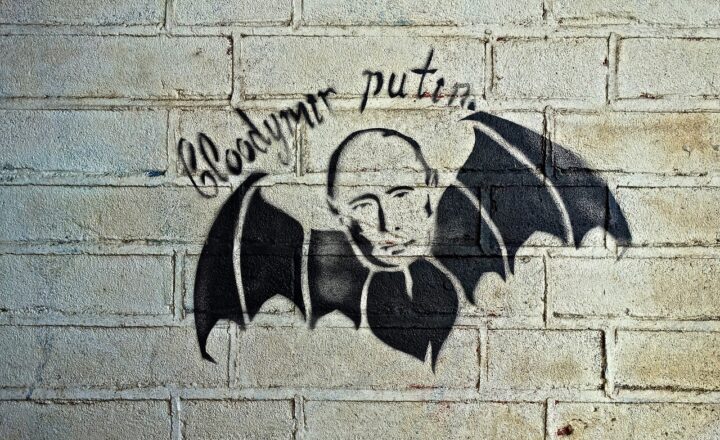
History is not just a collection of dates, events, and figures; it is the foundation upon which our present political landscape is built. Understanding history provides context for contemporary issues, enabling us to grasp the complexities of political events and movements. This article explores how learning history empowers individuals to engage critically with modern political challenges, cultivate informed opinions, and contribute to society constructively.
1. The Relevance of Historical Context in Modern Politics
To understand current political issues, one must consider their historical roots. Political systems and conflicts don’t arise in a vacuum; they are shaped by legacies of past actions, ideologies, and events. For example, studying the rise of totalitarian regimes in the 20th century can illuminate parallels with today’s authoritarian trends in various countries. Recognizing these patterns fosters better comprehension of how past political decisions inform current policies.
**Key Historical Events to Consider:**
– The Treaty of Versailles and its role in the rise of Nazism.
– The Civil Rights Movement and its relevance to today’s social justice movements.
– The Cold War and its impact on modern foreign relations.
By analyzing these historical contexts, we can see how past grievances and resolutions shape current political climates, offering critical insights into ongoing discussions about governance, rights, and freedoms.
2. Lessons from Historical Mistakes
Studying history allows us to learn from the mistakes made by previous generations. For instance, the consequences of war decisions, economic policies, or political ideologies that led to humanitarian crises can serve as warnings for current policymakers and citizens alike. By examining incidents such as the Rwanda Genocide or the failures of appeasement before World War II, contemporary societies can strive to avoid similar pitfalls.
**Key Takeaways from History:**
– The importance of accountability and justice following conflicts can prevent cycles of violence.
– Economic policies that lead to inequality can trigger social unrest, urging modern leaders to promote equity.
– Understanding the consequences of isolationism can guide nations in their international relations today.
Learning from history encourages critical thinking and thoughtful decision-making that can help mitigate future conflicts.
3. The Role of Ideology and Philosophy in Political Discourse
History is replete with ideological battles that inform political discourse today. From the Enlightenment’s promotion of democracy to the struggle between socialism and capitalism, understanding these ideologies’ evolution helps shape modern political thought.
**Ideologies That Matter:**
– Liberalism vs. Conservatism: The vigorous debates around government intervention in markets and social issues today.
– Nationalism vs. Globalism: The current tension between isolating domestic concerns and international cooperation.
– Environmentalism and Economic Growth: The historical development of environmental policies and their implications for today’s sustainability efforts.
By delving into the philosophical underpinnings of these ideologies, individuals can engage in informed debates about political systems, adapting historical lessons to shape their views on progress.
4. Understanding Political Symbols and Narratives
Symbols and narratives from history often permeate modern political rhetoric. Political parties and movements frequently invoke historical references to bolster their messages, appeal to emotions, or shape their identity.
**Examples of Powerful Symbols:**
– The statue of liberty as a symbol of freedom and human rights in modern political discourse.
– References to the American Revolution in discussions about liberty and governance.
– The use of historical figures like Martin Luther King Jr. in civil rights discussions today.
Understanding these symbols allows citizens to critically assess political messages and recognize attempts to manipulate historical narratives for specific agendas.
5. Engaging in Civic Responsibility and Activism
An informed citizenry is crucial for the functioning of democracy. Learning about history empowers individuals to engage actively in civic responsibilities and advocacy. Awareness of historical movements fosters a sense of agency, encouraging people to advocate for change based on the lessons learned from the past.
**Ways History Informs Civic Engagement:**
– Recognizing historical struggles allows individuals to appreciate and defend current rights and freedoms.
– Understanding the impact of grassroots organizations throughout history can inspire similar modern movements.
– Engaging with historical context in public discourse can foster informed debates and policies.
Civic responsibility rooted in historical awareness can lead to a more vibrant and engaged democratic society where citizens actively debate and shape their governance.
Conclusion
Learning history is not merely an academic pursuit; it is essential to navigating the complexities of modern political issues. Understanding historical context, learning from past mistakes, analyzing ideologies, recognizing symbols, and engaging in civic responsibility all contribute to a more profound comprehension of contemporary politics.
By investing time in studying history, individuals can cultivate critical thinking skills, foster informed civic engagement, and contribute positively to the political discourse that shapes our world today. As we face new challenges and debates, let history guide our understanding and approach to creating a better future for all.








